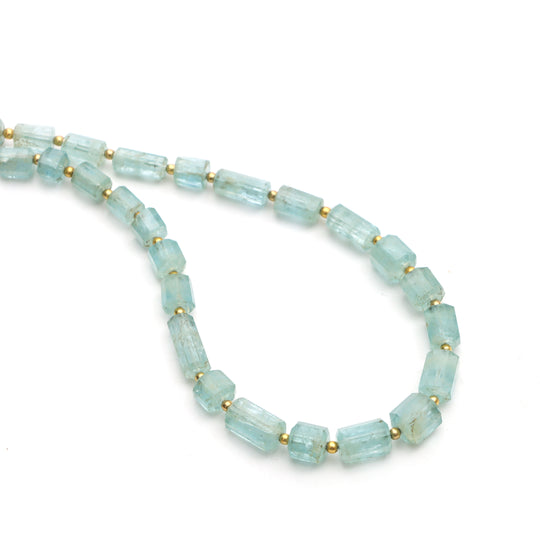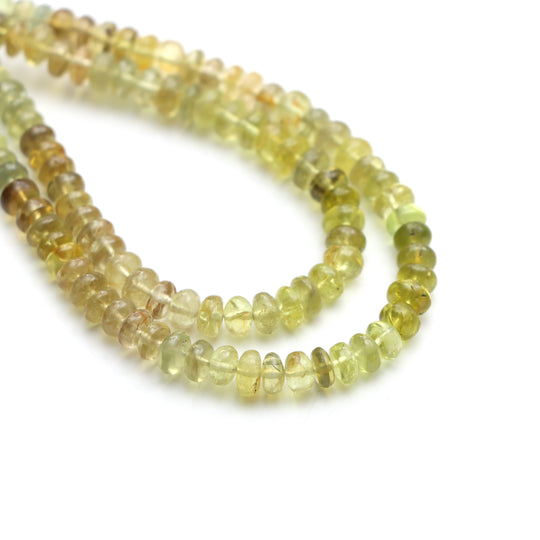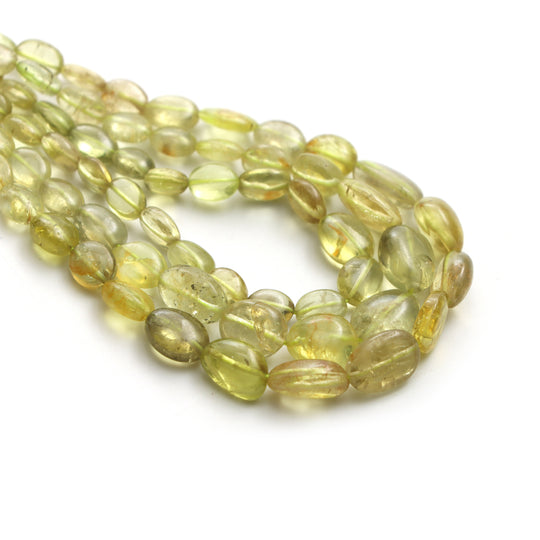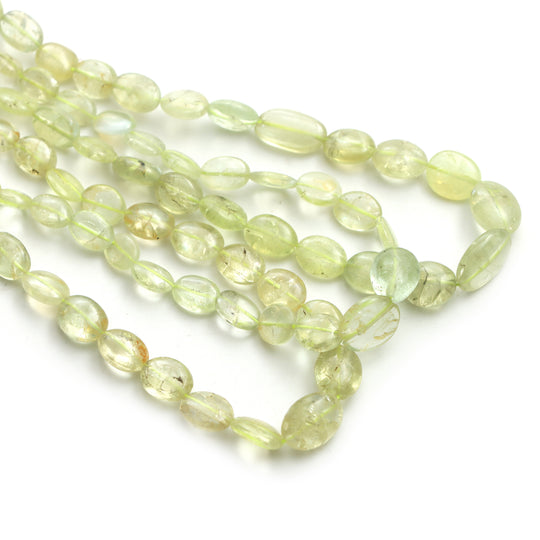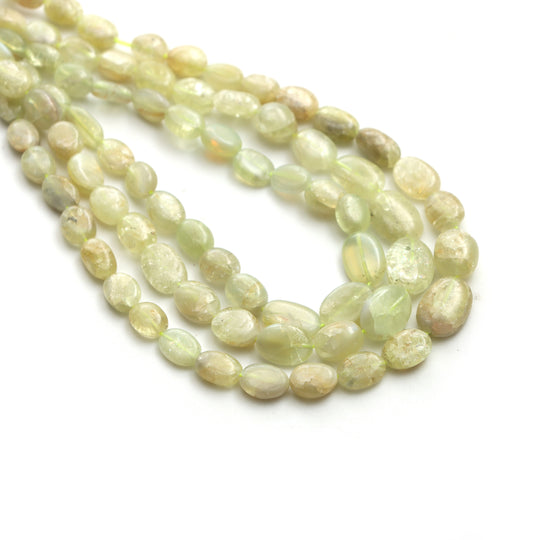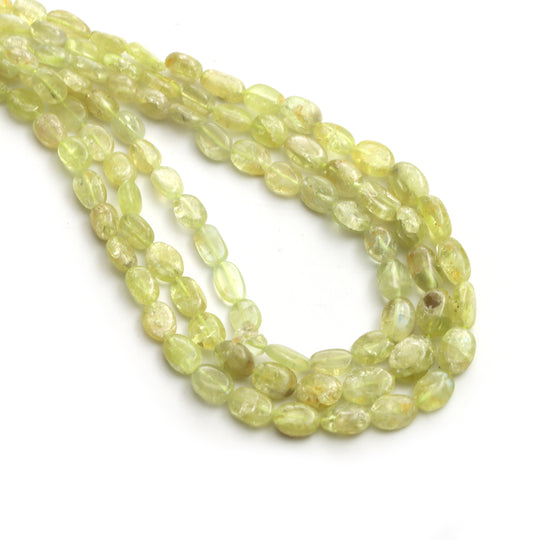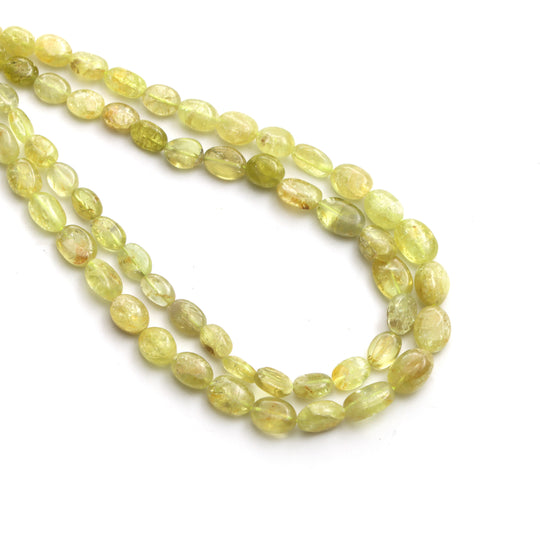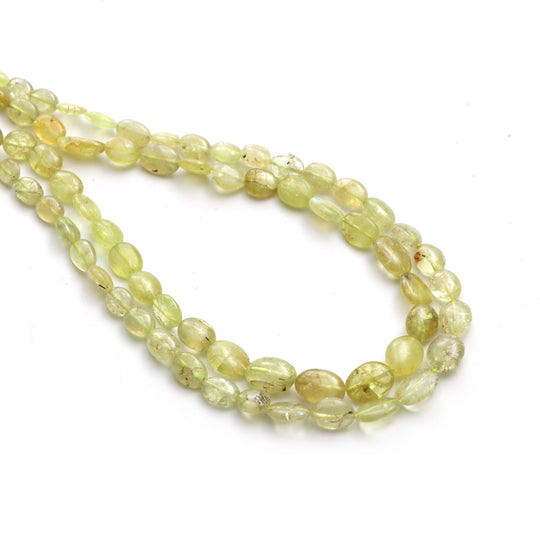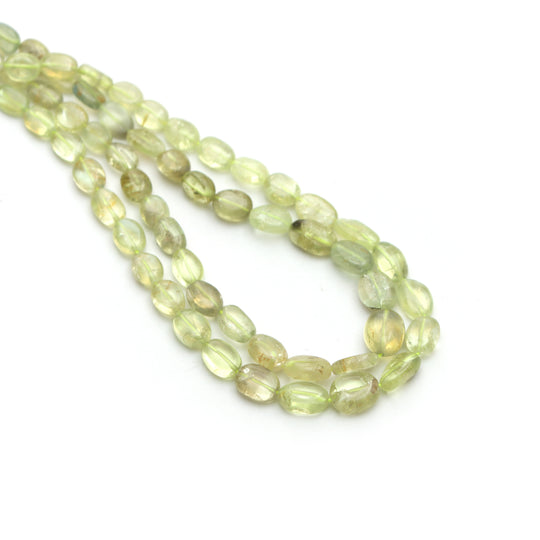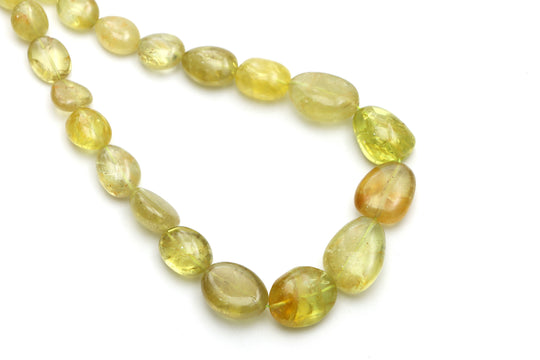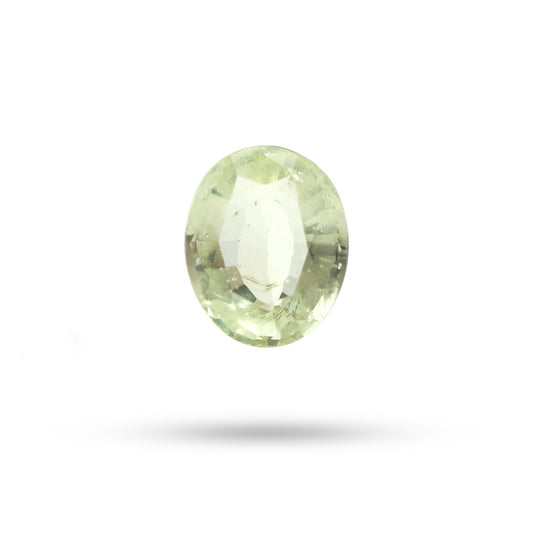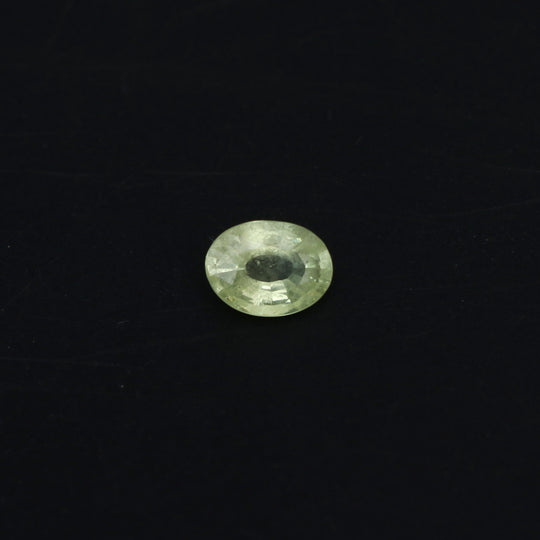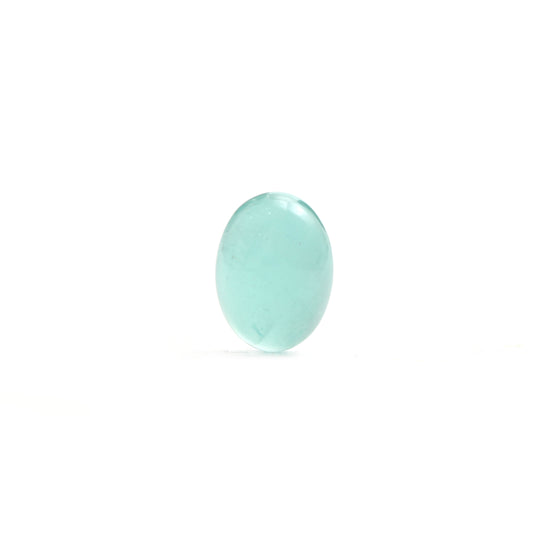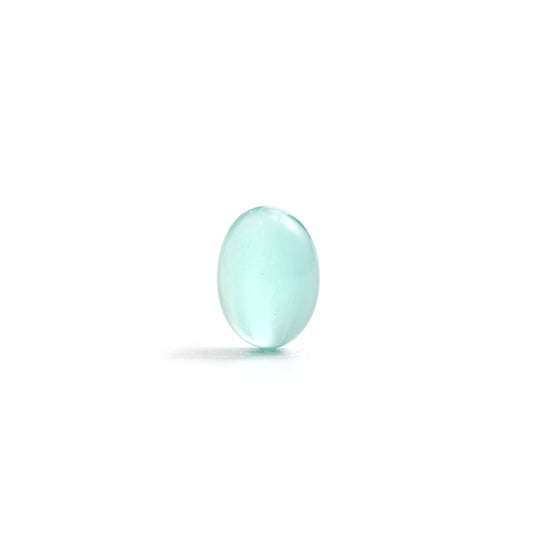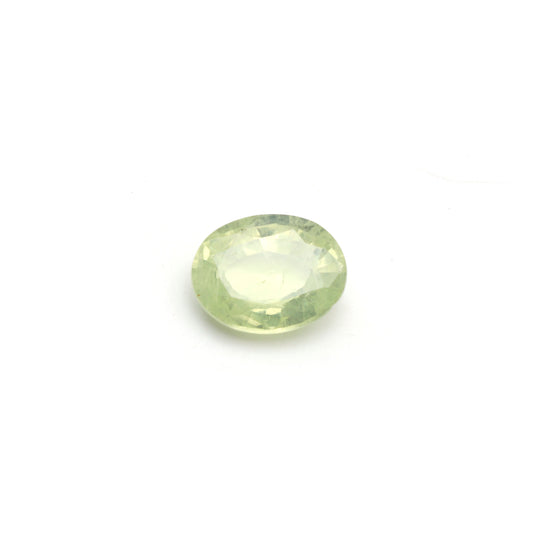What is Beryl Stone?
Beryl is a mineral species that includes several gemstone varieties, including aquamarine, emerald, and morganite. It has a relatively high hardness and is commonly used in jewelry making. Beryl mineral is usually found in pegmatite deposits and can occur in a variety of colors, including blue, green, yellow, pink, and white. The name "beryl" comes from the Greek word "beryllos," which means "precious blue-green color of seawater."
Beryl Gemstones
Beryl
National Facets
£512.00
£553.00
National Facets
£2,785.00
£3,007.00
National Facets
£35.00
£38.00
National Facets
£74.00
£79.00
National Facets
£282.00
£304.00
National Facets
£295.00
£318.00
National Facets
£112.00
£121.00
National Facets
£498.00
£538.00
National Facets
£689.00
£744.00
National Facets
£57.00
£61.00
National Facets
£1,066.00
£1,152.00
National Facets
£635.00
£686.00
What are the properties of Beryl Stone?
Beryl is a mineral that comes in a variety of colors, with some of the most well-known being aquamarine, emerald, and morganite. The properties of beryl depend on the specific type and color of the stone. However, in general, beryl is known for its hardness, durability, and high refractive index, which means it can produce a bright and sparkling luster. Beryl is also relatively resistant to scratches and has good cleavage, which makes it easier to cut and shape into gemstones. In addition, beryl gemstone has been associated with healing and spiritual properties, such as promoting mental clarity and emotional balance.
Where is Beryl stone found?
Beryl is found in various locations around the world, including Brazil, Madagascar, Mozambique, Nigeria, Pakistan, Russia, Zimbabwe, and the United States. Some of the most well-known beryl deposits include those in Colombia, which are known for producing high-quality emeralds, and those in Madagascar, which are known for producing a variety of colored beryl stones.
What is Beryl Stone used for?
Here are some common beryl uses and benefits:
Jewelry making: Beryl is often used in jewelry making, especially in the form of emerald and aquamarine.
Industrial purposes: Beryl is used in various industrial applications, such as in the production of electronics, ceramics, and aerospace components.
Healing and spiritual practices: Beryl is believed to have various healing properties and is used in spiritual practices like meditation and crystal healing.
Gemstone collection: Beryl is a popular gemstone and is often collected by gemstone enthusiasts and collectors.
Investment: Beryl gemstone benefits by serving as a valuable investment due to its rarity and beauty.
What color is Beryl stone?
Beryl crystal stone comes in various colors including brown beryl gemstone, golden beryl gemstone, red beryl gemstone, white beryl gemstone, yellow beryl gemstone, and colorless. The most popular beryl family of gemstones are emerald, aquamarine, and morganite. Emerald is a green beryl variety, while beryl aquamarine gemstone is blue-green and morganite is pink. The wide range of different beryl color include beryl crystal golden beryl (yellow) and heliodor (golden yellow). Colorless beryl is also known as goshenite. The beryl gemstone colors are influenced by the presence of certain impurities and trace elements within the crystal structure.
Where to buy Beryl stone?
You can buy beryl gemstones from various sources, such as:
- Jewelry stores
- Online Gemstone beads Wholesaler
- Gem and mineral shows
- Beryl beads wholesale
Also, while you chooseberyl gemstones for sale be sure to purchase from reputable sellers to check the quality and authenticity to ensure that it is genuine stones.
At National Facets, we strive to produce the finest quality of beautiful gemstones. We offer a wide variety of premium-quality Natural Gemstones on the internet.
Frequently Asked Questions
Q: How much is a beryl worth?
A: The value of a beryl gemstone can vary depending on several factors, such as the color, clarity, size, and cut of the stone. However, the approximate price of beryl gemstone rough: Pink Beryl, Green Beryl, and Emerald Brazil ranges from 800 INR ($ 10.54) per carat to 10,000 INR ($ 136.77) per carat.
Q: Why is beryl so rare?
A: Beryl is rare in some forms and in certain locations. For example, the red variety of beryl known as "bixbite" is extremely rare and only found in a few locations worldwide. Additionally, some varieties of beryl such as emerald and aquamarine are more valuable due to their rarity in high-quality, gem-grade specimens. The formation of beryl also requires specific geological conditions, which can limit its occurrence in certain areas.
Q: Is beryl more expensive than diamond?
A: In general, diamond is more expensive than beryl. However, the price of both gemstones can vary depending on a number of factors such as size, quality, and rarity of the stone. For example, a high-quality and rare variety of beryl, such as the emerald, can be more expensive than a lower quality or smaller diamond.
Q: What is the rarest stone on earth?
A: The rarest stone on Earth is believed to be painite, a mineral that was first discovered in Myanmar in the 1950s. At the time of its discovery, only two specimens were known to exist. Since then, more specimens have been found, but it is still considered one of the rarest minerals in the world. Other rare stones include tanzanite, red beryl, and jadeite.
Q: How do I identify a beryl stone?
A: Beryl can be identified by its physical characteristics such as its color, crystal structure, and hardness. To identify a beryl stone, you can perform a scratch test using a harder material such as a steel file or a piece of quartz. If the material is able to scratch the stone, then it is not beryl. Beryl also has a vitreous luster and can sometimes exhibit pleochroism, which means it shows different colors when viewed from different angles.
Q: Where is beryl found?
A: Beryl is found in several places worldwide, including Brazil, Colombia, Russia, Madagascar, Afghanistan, Pakistan, the United States, and Africa, particularly in Zimbabwe, Mozambique, and Madagascar. The Brazilian states of Minas Gerais, Bahia, and Rio Grande do Norte, as well as Colombia, are notable sources of beryl. Beryl deposits can be found in Maine, California, and Utah in the United States. Emeralds, a variety of beryl, are known for their high quality and are primarily found in Colombia.
Q: What is the most expensive beryl?
A: The most expensive beryl group of gemstones is the red beryl, also known as bixbite. It is a very rare gemstone found mainly in the Wah Wah Mountains of Utah in the United States. The scarcity of red beryl, combined with its intense red color, makes it one of the most expensive gemstones in the world, with prices often exceeding those of diamonds.
Q: Does beryl glow?
A: Some varieties of beryl can exhibit fluorescence or phosphorescence under ultraviolet (UV) light. For example, some types of green beryl may show a yellow-green or blue green beryl gemstone, fluorescence under UV light. However, not all beryl gemstone types will exhibit this property and it is not a defining characteristic of the mineral.

